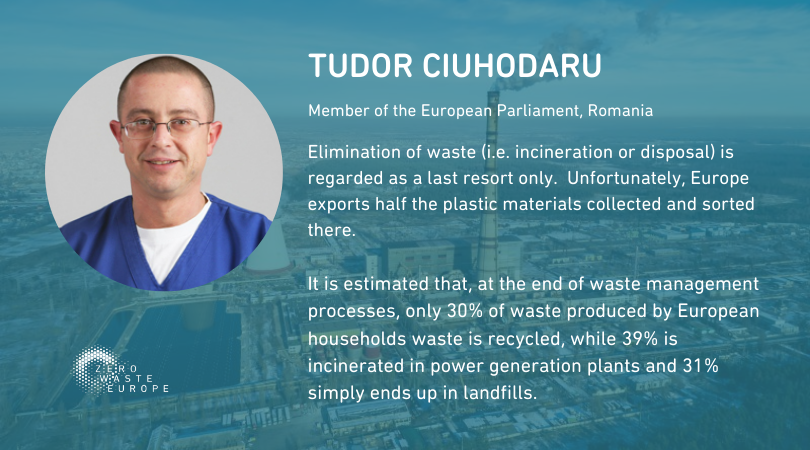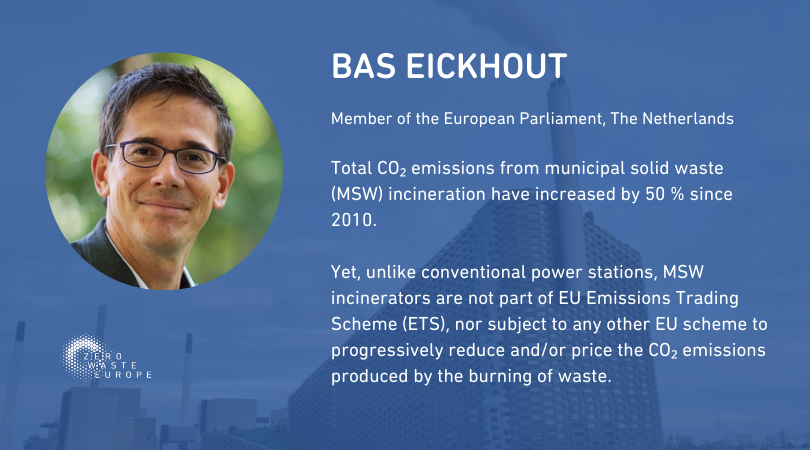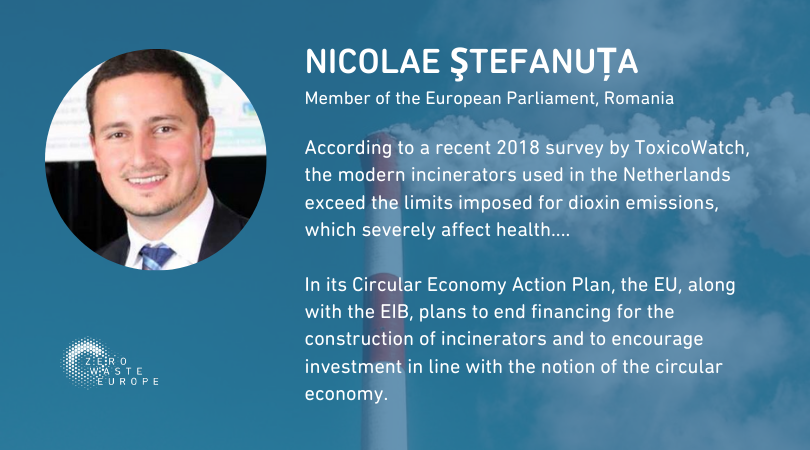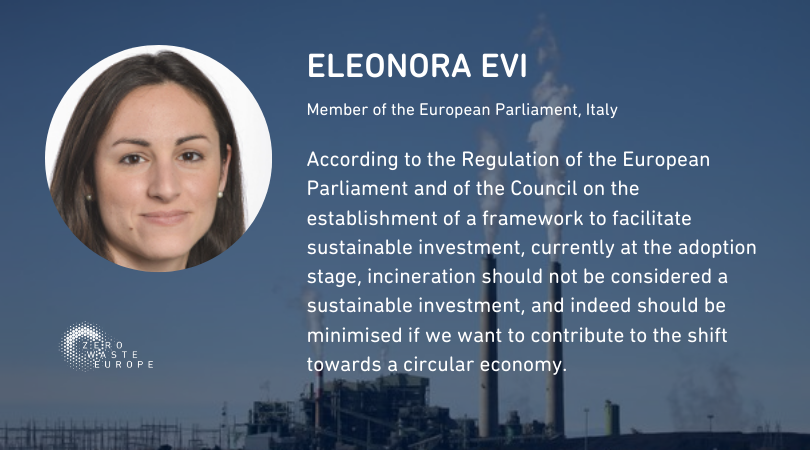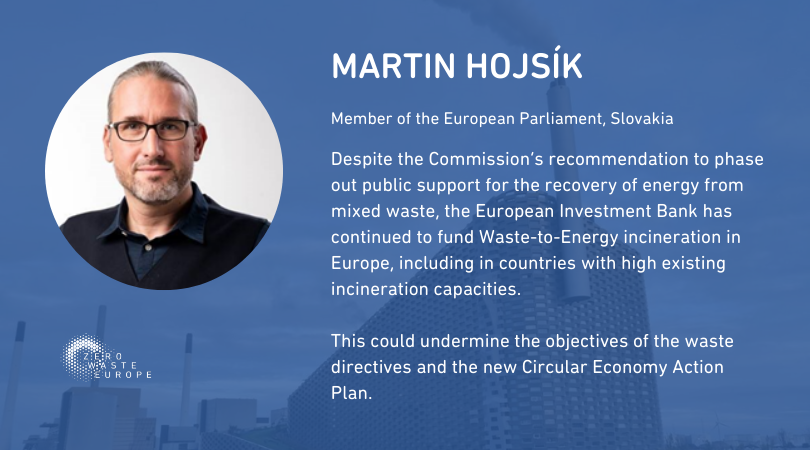MEPs seeks answers on waste incineration
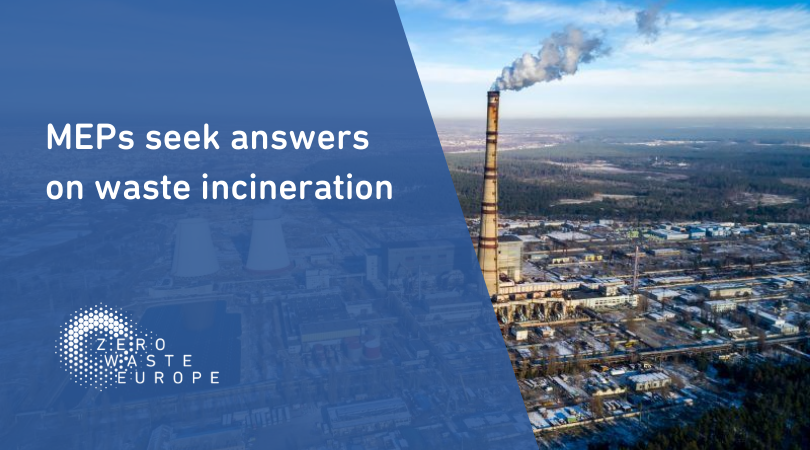
For years, the effects of air pollution on public health have been well documented. Increased cancer risk, immune system, respiratory, reproductive and neurological problems have all been linked to air pollution. But fewer know of the damages caused by burning waste, despite the fact this practice is a persistent and growing problem. Indeed, even state of art incinerators emit dangerous pollutants and have severe consequences for climate change and air quality. Incineration of waste not only harms human health and the environment, but also the circular economy. Once incinerators are operating, they need a constant flow of waste to continue, so initiatives to reduce waste and make the most of our resources are discouraged in order to keep those kilns fed.
However, there are encouraging signs that things are changing.
Grassroots protests have had success raising awareness and in some cases halting the practice altogether. Environmental groups and NGOs have brought the issue to the wider public’s attention and now MEPs (Members of the European Parliament) representing local affected communities have been seeking answers from the European Commission about the practice. Indeed, over the past months, several MEPs have expressed their concerns about Waste-to-Energy safety and sustainability.
Key issues raised by MEPs focus on how waste incineration fits in with EU guidelines and regulations on waste and emissions and questions have been raised about what the Commission will do to prevent further risk to public health. Similarly, the importance of excluding Waste-to-Energy from the list of sustainable investment (as recently agreed in the latest EU Taxonomy on Sustainable Finance) has been noted, along with including it in the EU Emission Trading Scheme (ETS) to progressively reduce the CO2 emissions produced by burning of waste.
These pioneering MEPs have highlighted the problem created by waste incineration at the institutional level, challenging current legislations and raising awareness. Here we quote some of them…